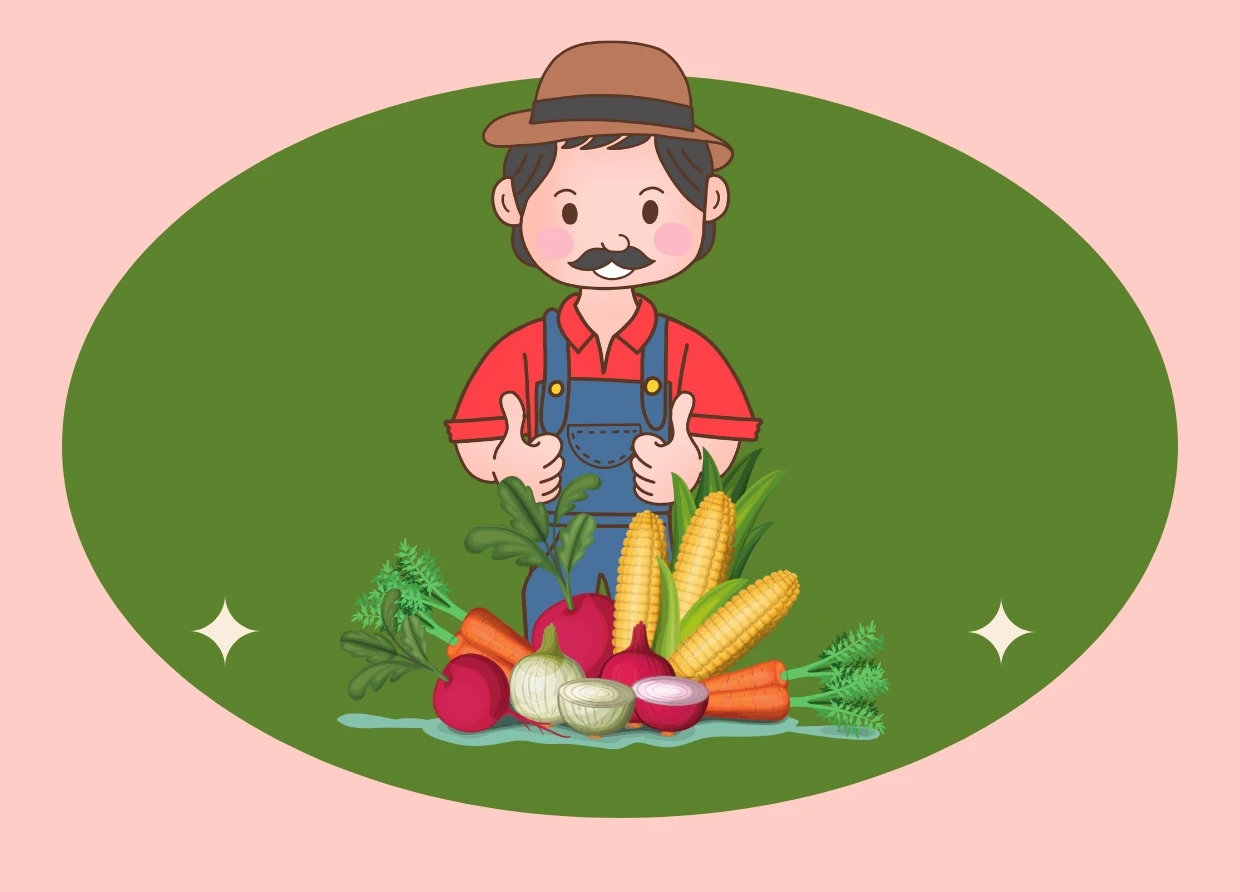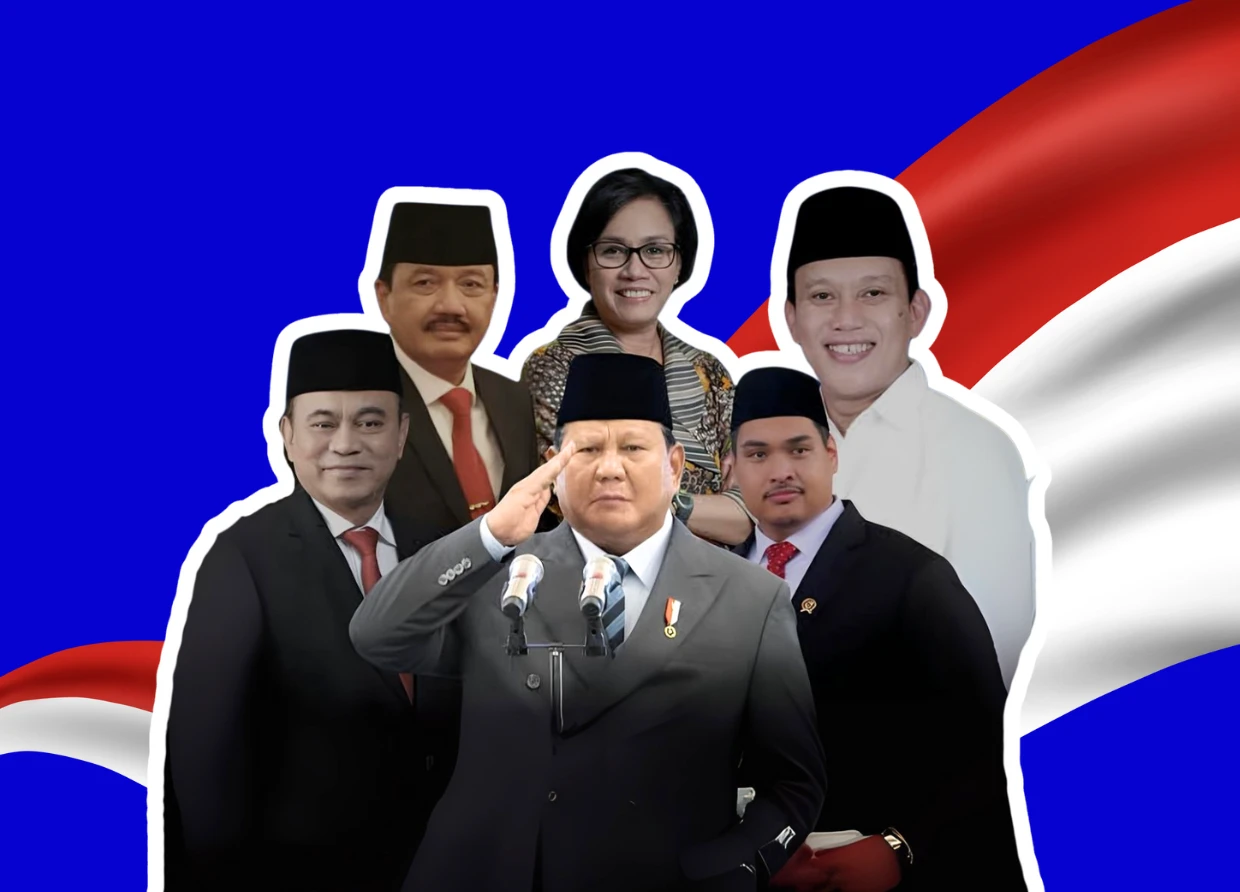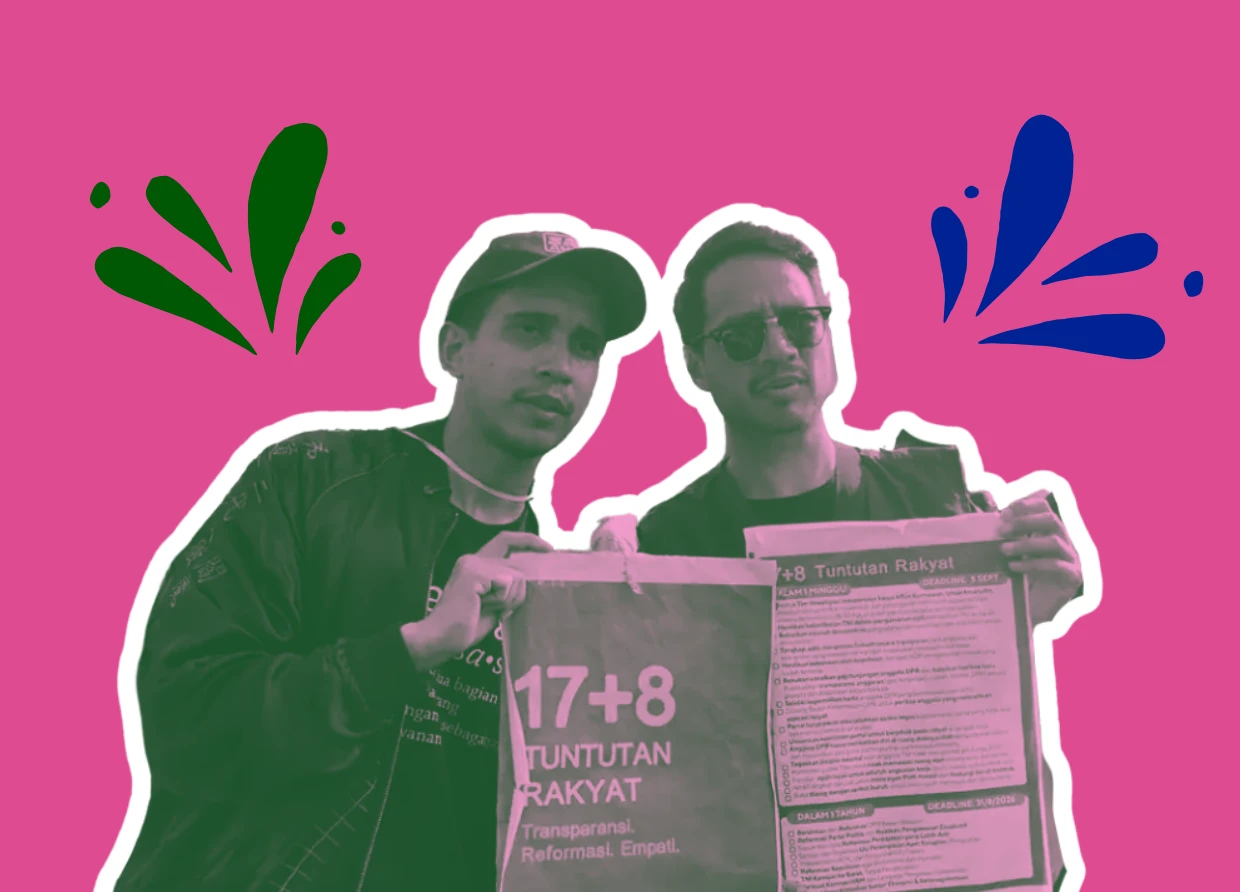FROM SCARCITY TO ABUNDANCE: PROFITING FROM INDONESIA'S PEATLANDS
Revitalizing Peatlands: Sustainable Farming and Environmental Restoration in Indonesia

Farmers in Indonesia's province of West Kalimantan are adapting their agricultural techniques with a climate-friendly approach, yielding promising results. The initiative by Indonesia's Peat and Mangrove Restoration Agency (Badan Restorasi Gambut dan Mangrove or BRGM), supported by the United Nations Office for Project Services (UNOPS), has achieved notable outcomes. Notably, school buildings were saved from fires, farmers' income increased by over 50 percent, and healthier peatlands reduced greenhouse gas emissions.
Since its launch in 2019, the program, encompassing village training and critical infrastructure enhancement, has drastically reduced fire risks. It has also empowered residents in 121 coastal villages of West Kalimantan with new skills and resources, setting the stage for sustainable growth.
Farming Without Burning
"We learned how to cultivate the land without burning vegetation and crop residues, and at the same time, we discovered how to grow crops that we can sell at higher prices," said Suprapto, a farmer from Limbung village, located just south of Pontianak, the provincial capital.
"The training we received made everything so simple," stated Sumi, who leads a group of female farmers in Jongkat. "Thanks to market research conducted by BRGM and its partners, we also learned which crops to plant for financial gain."
Limbung and Jongkat are situated on peatlands, wetlands with soil largely composed of organic matter from decomposed plant remains. Under certain geological conditions, peat eventually transforms into coal.
Similar to coal deposits, peatlands store significant amounts of carbon dioxide and are prone to fires. Fires not only devastate villages and farmers' livelihoods but also release substantial amounts of carbon dioxide.
Clearing land by burning vegetation and crop residues after harvest led to 245 fires in the Limbung area in 2021. This figure is substantial, considering that in 2009, the government banned peatland burning. "But at that time, we didn't know any other farming methods; we had no choice," explained Suprapto.
Peat's Resurgence
Eggplant is a delicious staple and commercial crop for peatland farmers in Jongkat, West Kalimantan.
Through BRGM's intervention, much of the peatland around Limbung has regained moisture, enabling farmers to cultivate vegetables like cucumbers, tomatoes, chili peppers, and eggplants.
"Horticultural farming is truly profitable," Suprapto affirmed. "The income of village residents participating in this program has increased by half."
Suprapto added that within a year, this extra income could help families renovate their homes, purchase new motorcycles, and fund their children's education.
In Jongkat, local farmers identified suitable crops for their land and for farming without burning, with support from BRGM and non-governmental organizations (NGOs) engaged by UNOPS as part of a project funded by the Government of Norway.
About 20 families received training on non-burning farming and the use of natural fertilizers, and they now pass on these methods to friends and family in other communities. "There's a joke that it's good to marry someone from Jongkat because you'll learn more profitable farming techniques," Sumi said with a smile.
Canal Blocking, Water Storing
Training village residents in non-burning farming methods is crucial for ensuring the sustainability of coastal villages in West Kalimantan. Equally important is improving irrigation infrastructure to retain rainwater in peatlands.
Canal barriers help store water in peatland areas during dry seasons, keeping the land moist.
UNOPS provided design and funding for the construction of several experimental canal barriers – concrete structures that store water in canals crossing the area, ensuring water availability year-round for firefighting and irrigation.
Enhanced irrigation prevents soil cracking, drying, and decomposition, thus reducing the release of carbon dioxide into the atmosphere. Peat restoration also involves greening the area, which in turn maintains soil moisture and reduces the risk of fires and decay.
With funding from the Government and designs based on the UNOPS model, BRGM and its partners have built 179 canal barriers in 27 villages in the region.
Supported by UNOPS, the Ministry of Forestry, and other parties, BRGM has undertaken restoration projects in 852 villages across Kalimantan, Papua, and Sumatra. However, thousands more are still in need of attention.
"The results are positive, but not enough," Raharjo stated.
Community involvement remains pivotal at every stage, emphasized Akira Moretto, UNOPS Indonesia's Operations Manager.
"Monitoring fires is challenging," she said. "Providing communities with opportunities for non-burning farming is a far more effective way to safeguard peatlands, combat climate change, and enhance livelihoods. It requires long-term commitment from all parties."
#THE S MEDIA #Media Milenial #peatlands #sustainable farming #environmental restoration #Indonesia #Kalimantan Barat #climate change #UNOPS #BRGM #community engagement #irrigation #carbon dioxide reduction


























